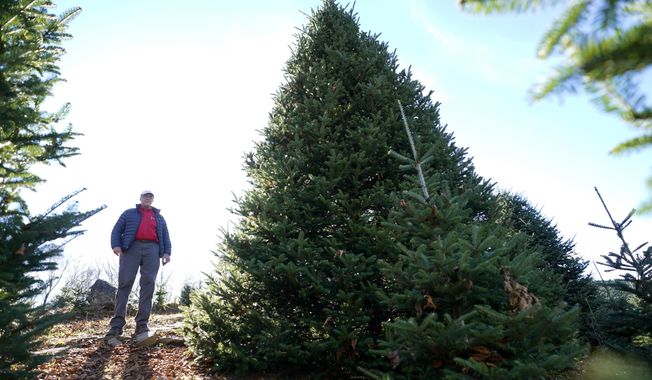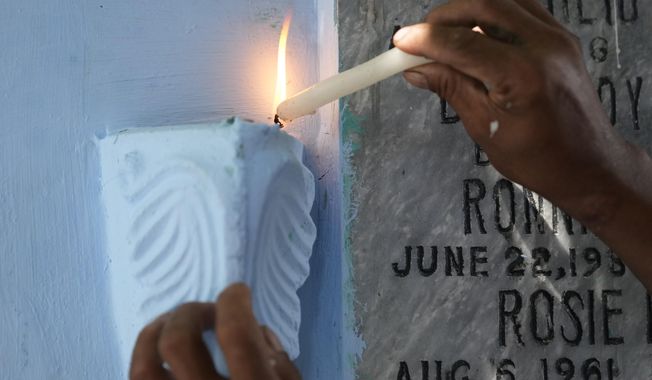
This undated photo provided by the Israeli Antiquities Authority, an ancient altar is on display at the Israel Museum in Jerusalem. Israeli archaeologists said they've made a dope discovery, finding cannabis residue on artifacts from an ancient temple in southern Israel. They said it provides the first evidence of the use of hallucinogens in the Jewish religion. In a research paper, the authors said the discovery from an 8th century BC shrine offers the first proof for "the use of mind-altering substances as part of cultic rituals in Judah," including the first Jewish temple that stood in Jerusalem at the same time. Chemical analysis of the samples conducted at Israel's Hebrew University and Technion Institute found that one altar contained the psychoactive compounds found in marijuana. (Laura Lachman/Israeli Antiquities Authority/Israel Museum, via AP)
Featured Photo Galleries

Trump Transition: Here are the people Trump has picked for key positions so far
President-elect Donald Trump has announced a flurry of picks for his incoming administration. Get full coverage of the Trump transition from The Washingon Times.

Trump dances onstage, takes post-election nation by storm
President-elect Trump dances onstage












